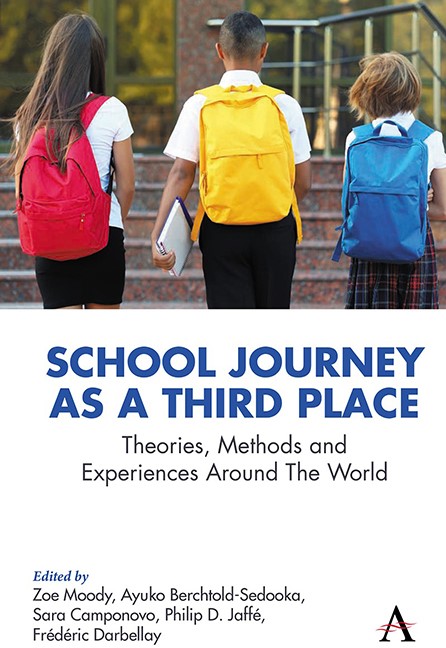Chapter 7 - Parental Concerns and Perceptions Related to Children’s Independent Travel to School: A Case Study in Germany
Published online by Cambridge University Press: 14 November 2023
Summary
Introduction
Children’s independent travel to and from school has sharply declined in the past decades while a growing number of children are taken to and from school by car. This trend is well documented by long-term repeated data collection in various countries (Shaw et al. (2013) for England and Germany; Schoeppe et al. (2016) for Australia; Mitra et al. (2016) for Canada; Kyttä et al. (2015) for Finland; McDonald (2012) for the United States) and by comparisons of child travel and outdoor activities with retrospective accounts of the childhoods of previous generations (parents or grandparents) (Clements 2004; Pooley et al. 2005; Woolley and Griffin 2015).
Both the increase in driving at the cost of non-motorised travel or public transport and the trend towards escorted trips at the expense of independent mobility are alarming for various reasons, including negative effects on child development, health, the environment and traffic safety (see Scheiner (2016) for a more nuanced discussion and more references). From the children’s subjective perspective, independence generally seems to be valued more positively than not (Mitchell et al. 2007; Crawford et al. 2017).
There are many potential reasons for these trends, including parents’ fears, concerns, perceptions and attitudes towards their children travelling without adult company. Their concerns include stranger danger, other children or adolescents bullying their child, lack of traffic safety and more. The importance of parents’ perceptions for their children’s travel and territorial range has been documented in numerous studies (Wilson et al. 2018; Vlaar et al. 2019; Scheiner et al. 2019a, b). Parental fear has even been recognised as the most significant factor in children’s access to outdoor play (Valentine and McKendrick 1997). At the same time, there seems to be some tension in parental attitudes. Little (2015) reports on semi-structured interviews with mothers of four- to five-year-old children in Sydney that showed how these mothers clearly acknowledge the benefits of (even risky) outdoor playing and express a desire to provide opportunities for their children to engage in such play, but at the same time struggle with their own fears about their children’s safety (similarly, O’Connor and Brown 2013). Suffice it to say that parental practices also vary widely among individuals, including, for instance, ‘helicopter parents’ and ‘engaged and enabling parents’ ( Joelsson 2019, see also Visser et al. 2015).
- Type
- Chapter
- Information
- School Journey as a Third PlaceTheories, Methods and Experiences around the World, pp. 143 - 170Publisher: Anthem PressPrint publication year: 2023

